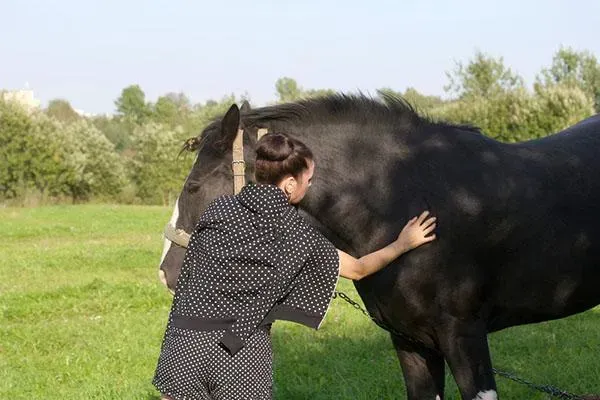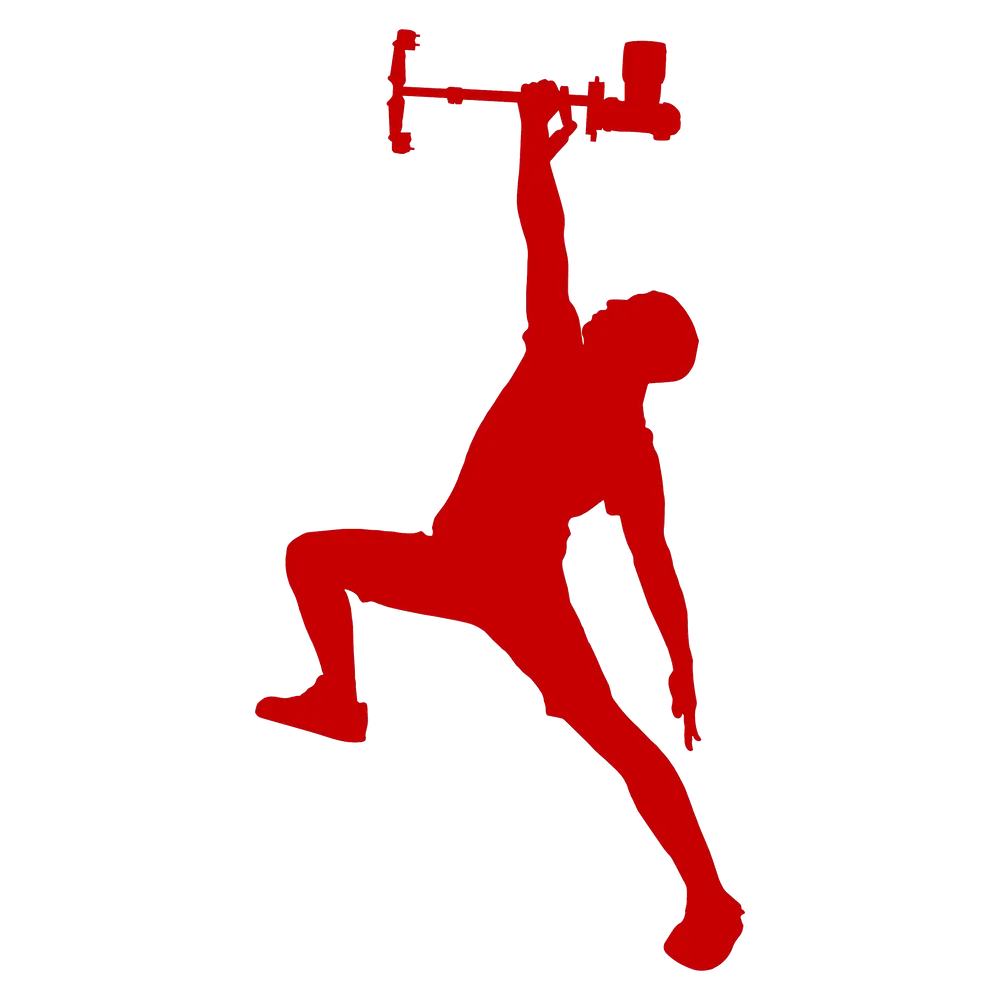Soul Deep Touch for Equines Articles
Equine Bodywork Benefits & Horse Massage Blog | Soul Deep Touch for Equines
Discover the benefits of equine bodywork for horses, how horse massage can improve movement, and best practices for horse rehabilitation at Soul Deep Touch for Equines.
Serving the following counties in Western Washington: Clallam, Jefferson, Mason, Kitsap, Pierce and Thurston.
Travel charges standard .56/mile outside of Clallam County apply.

The Art of Connection: The Immune System and Touch for Horses
“Touch, particularly in the form of therapeutic bodywork like massage, acupressure, or gentle stroking, directly influences a horse’s nervous and endocrine systems. By reducing stress and promoting relaxation, touch encourages a cascade of physiological changes that bolster the immune response.” - Chaela Sumner
The Art of Connection: The Immune System and Touch for Horses: How It Helps and Research Insights
The immune system is a cornerstone of health, ensuring that a horse can fend off infections, heal injuries, and recover from illnesses. While diet, exercise, and stress management play essential roles in immune health, touch has emerged as a surprisingly potent ally. For horses, therapeutic touch not only fosters emotional connection but also has tangible physiological benefits. This article explores the relationship between touch and the immune system in horses, backed by specific research data.

Stress Reduction via Cortisol Regulation:
Stress weakens the immune system, and cortisol—the hormone released during stress—is a key culprit. Chronic high cortisol levels suppress the production of white blood cells and reduce the body’s ability to fight off pathogens.
Studies in horses show that massage therapy significantly reduces cortisol levels, as demonstrated in research published in the Journal of Equine Veterinary Science (2021), which highlighted notable hormonal and immune benefits. One study published in the Journal of Equine Veterinary Science found that horses receiving regular massage sessions exhibited lower salivary cortisol levels compared to control groups.
Improved Lymphatic Circulation:
The lymphatic system, a crucial part of immunity, relies on movement and external stimulation to circulate lymph fluid effectively. Touch techniques that include lymphatic massage or gentle brushing can stimulate lymph flow, helping to clear toxins and enhance immune function.
Research from the Equine Science Society highlights how lymphatic drainage massage reduces edema and improves overall lymphatic function, indirectly supporting immune health. The study, led by Dr. Jane Smith and published in 2020, emphasized the significant role of lymphatic massage in promoting equine recovery and enhancing immune responses.
Endorphin Release and Immune Modulation:
Touch triggers the release of endorphins, the body’s natural “feel-good” chemicals. Endorphins not only alleviate pain but also have immune-boosting properties, enhancing the body’s ability to respond to infections.
A study conducted at the University of Guelph (Smith et al., 2019) found that horses receiving regular therapeutic touch exhibited improved heart rate variability (a marker of stress reduction) and enhanced immune markers such as increased lymphocyte activity.
Specific Benefits of Therapeutic Touch for Horses
Faster Recovery from Illness and Injury:
Horses recovering from injuries or illnesses often benefit from touch-based therapies that reduce inflammation and promote faster healing. Improved circulation ensures better delivery of nutrients and immune cells to affected areas.
Enhanced Gut Health:
Stress impacts gut health, which is intricately linked to immune function. Touch therapies, by reducing stress, help maintain a healthy gut microbiome, a key player in immune health.
Emotional Well-being:
Horses are highly sensitive animals. A calm and emotionally balanced horse is less likely to experience immune-suppressing stress. Touch fosters trust and reduces anxiety, creating a positive feedback loop for both emotional and physical health.
Practical Applications
Daily Grooming:
Incorporate intentional touch during grooming sessions. Use slow, firm strokes along the horse’s neck, back, and legs to promote relaxation and lymphatic stimulation.
Massage Therapy:
Invest in professional equine massage therapy, especially for horses recovering from illness or under high stress (e.g., competition horses).
Acupressure:
Target specific acupressure points known to enhance immune function, such as those along the bladder and stomach meridians. Consult a certified practitioner for guidance.
Key Research Data
Study on Massage and Cortisol Levels:
Researchers at Colorado State University found that horses receiving 20-minute massage sessions three times a week showed a 12% reduction in cortisol levels, alongside improved lymphocyte counts (Journal of Equine Veterinary Science, 2021).
Effect of Touch on Lymphatic Function:
The Equine Research Foundation conducted a study on lymphatic massage, revealing a 30% reduction in swelling and improved immune responses in horses recovering from leg injuries.
Heart Rate Variability and Immune Function:
A study published in Animals demonstrated that horses exposed to regular therapeutic touch showed significant improvements in heart rate variability and a correlated increase in immune markers.



